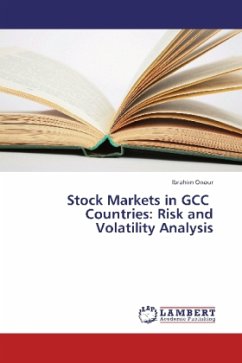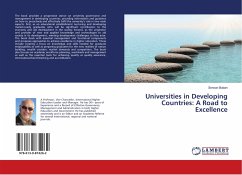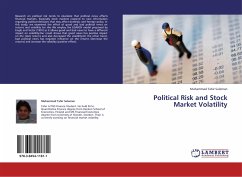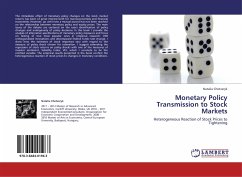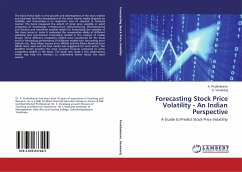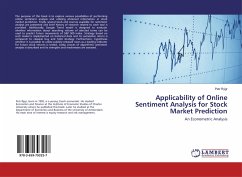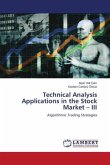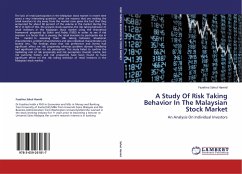A number of events that have been occurring in the past few years highlight the importance of capital markets in Gulf Cooperation Council (GCC) countries. As GCC capital markets became increasingly open to foreign investors in the past few years, they become more vulnerable to shocks in international markets, and thus more volatile. Also, the increasing cointegration among GCC markets increased the spillover effect of regional shocks, which in turn contributed towards increasing volatility in these markets. It is also to be noted that due to lack of sound regulatory policy in some of these markets, hyping, dumping and rumours become the main driving forces behind the frequent changes in stock prices. In addition, as GCC economies depend largely on crude oil revenue, volatility in oil prices in the past few years fuelled extreme stock price changes. The book combines research papers related to these type of issues.
Bitte wählen Sie Ihr Anliegen aus.
Rechnungen
Retourenschein anfordern
Bestellstatus
Storno

